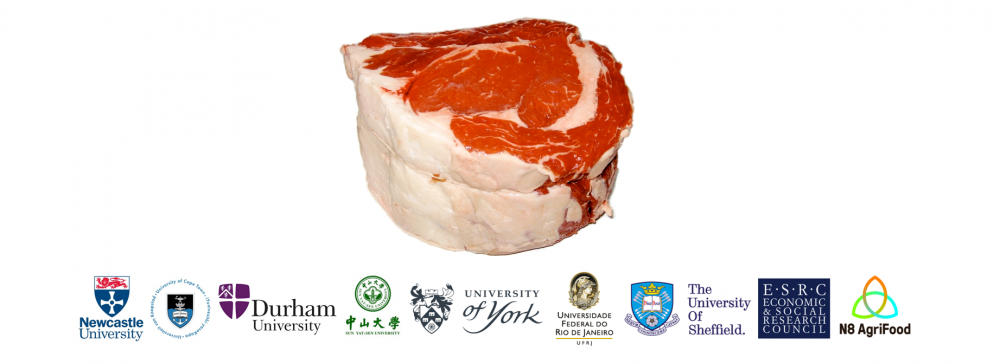Centred around case studies in Brazil, China and south Africa, the fieldwork for the SCArFEthics projects has four phases:
Phase One: focuses on institutional and cultural drivers of sustainable food consumption in Brazil, China and South Africa. In this phase we analyse policy and media reports, business strategies, codes, campaigns and initiatives in the policy and popular domain. Empirical work includes key informant interviews with government departments responsible for food procurement and standards, campaigners, and leading food retailers, wholesalers and restaurateurs.
Phase Two: focuses on consumer habits and everyday trends, comprises ethnographic research in middle-class residential areas of Guangzhou, Rio de Janeiro and Johannesburg. Interviews address household food consumption practices, judgments about ‘good’ food, and popular influences on food ethics and environmental values. Digital ethnographies examine the online practices of consumers, including how they collect information, shop or review online, and the influence of social media on ethical judgment and creating markets for sustainable foods. Accompanied shopping interviews and co-cooking sessions capture the nuances of food choices, moral judgments, engagement with government and corporate ethical initiatives, and the ordinary ethics of food purchase and use.
Phase Three: focuses on fashion and trends, using text mining of social media to trace lines of influence in sustainable food consumption. To widen the reach of the research, and provide material with traction with policy and commercial actors.
Phase Four: gathers quantitative data through a web-based survey of the drivers of sustainable food consumption and the behavioural intentions arising from these. The research is an innovative analysis of different global South contexts in which shifts towards sustainable food consumption are likely to have global impact. The three case studies offer comparisons of the potential of different drivers of food sustainability.
